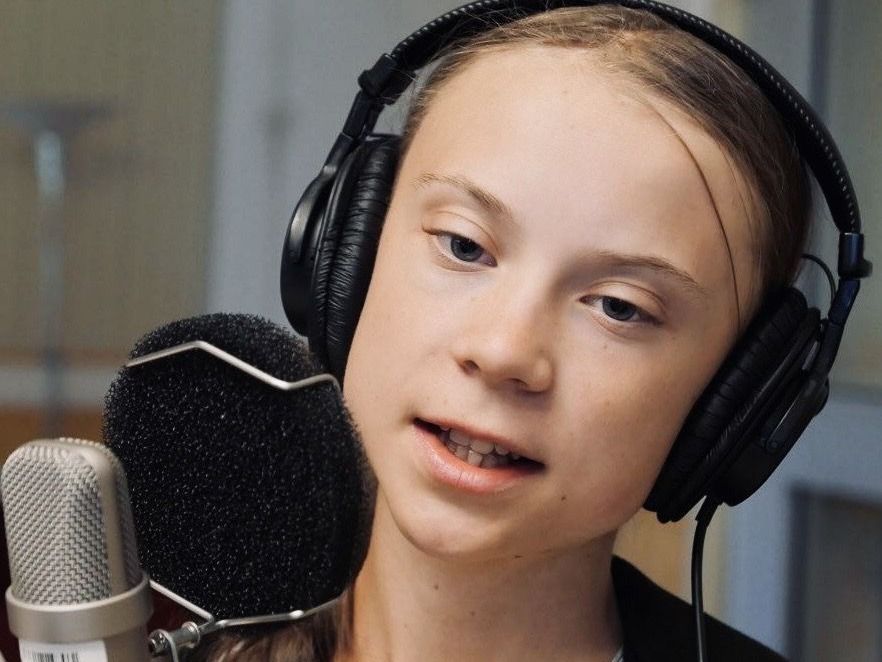At one point in her podcast for Swedish public radio on Saturday, Greta Thunberg invokes a 183-year-old Danish morality tale that perfectly captures the new ways of thinking she says are needed to solve the climate crisis and her surreal journey to the heights of global climate activism.
The 17-year-old Swedish teenager, whose August 2018 protests in front of Swedish parliament sparked the Fridays for Future "school strike for climate" movement, draws parallels between her experiences and those of the child in "The Emperor's New Clothes," published by Danish author Hans Christian Andersen in 1837.







